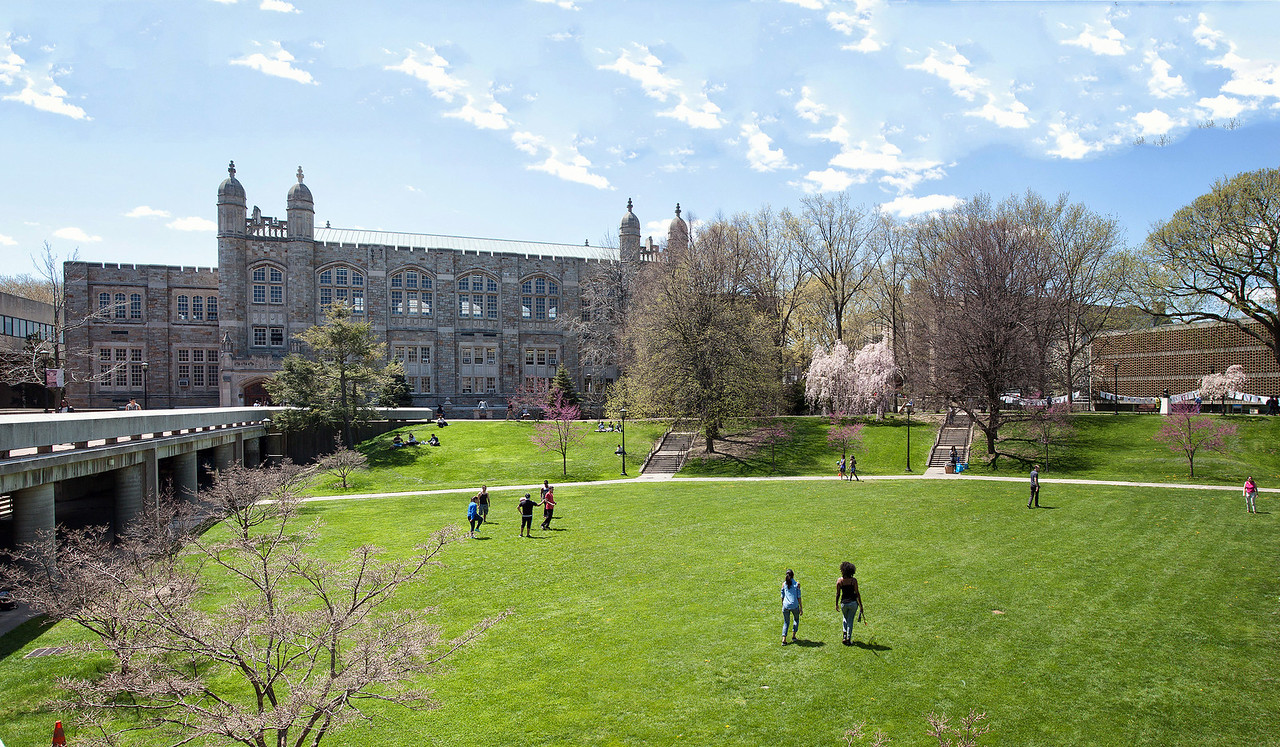Sustainability

Sustainability can be defined as “meeting present needs without compromising the ability of future generations to meet their own needs” (Brundtland, World Commission on Environment and Development 1987 (PDF)). For a process to be sustainable, it must preserve the environment, stimulate economic growth, and improve society – endeavors that have often worked against one another.
Incorporating Sustainability at a college campus presents a unique opportunity to reduce operating costs, improve efficiency in using resources, develop new curricula, simplify maintenance, and reduce the campus’ environmental impact, among other benefits. The spectrum of individual sustainability initiatives run from small to large, to produce results on immediate- to long-term timelines.







